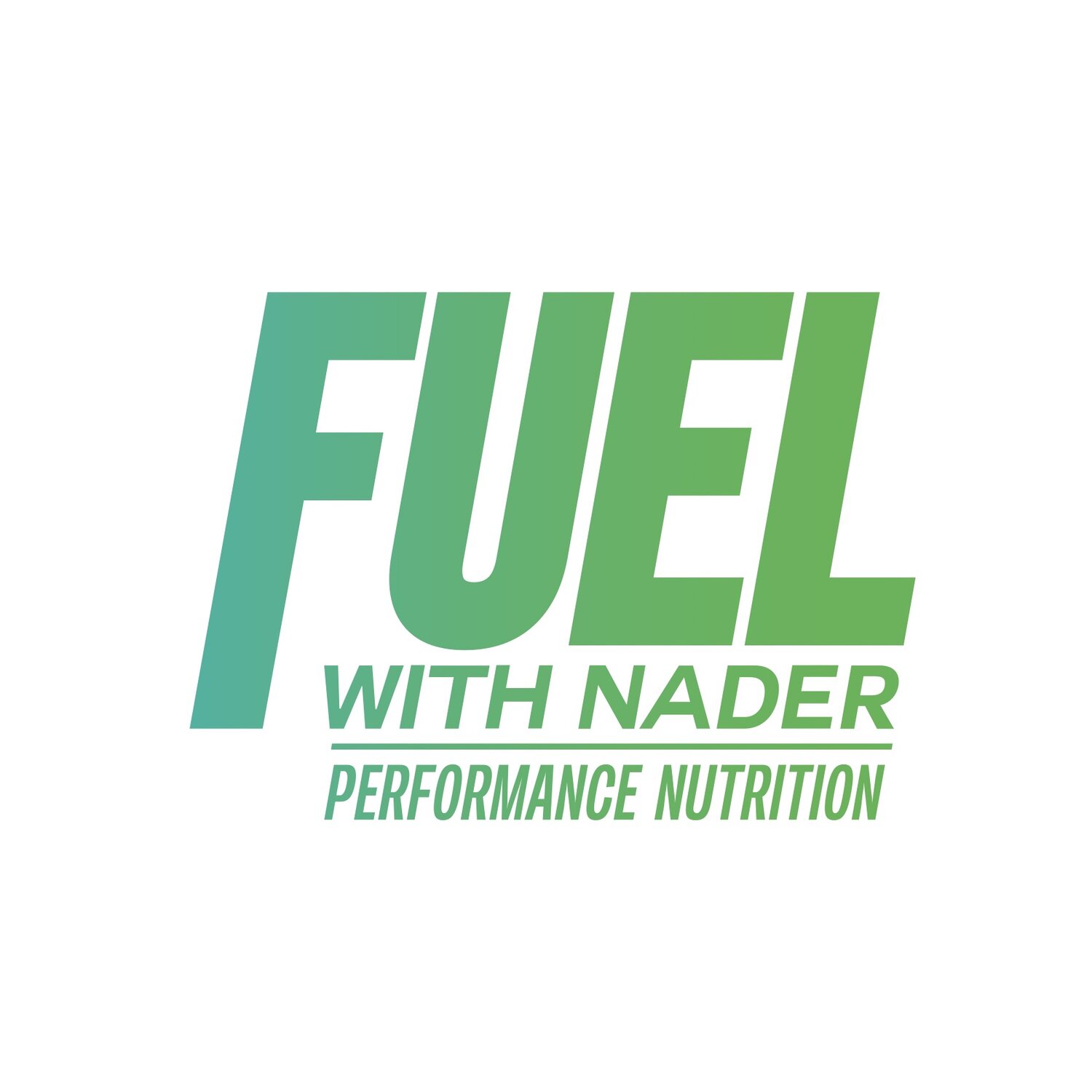Refuel: Antioxidants & Phytochemical Supplementation for Athlete Recovery
As many of you know, I work at a recovery lounge called EDGE Athlete Lounge. Since becoming a member of the team there, I've learned more about recovery and its importance for the athlete. Now at EDGE, we focus on the whole recovery of the athlete, because the physical recovery of muscles happens with compression, contrast baths, refueling nutrition and mental recovery. Since nutrition is my passion, I am always excited to learn more about how we can use food to become a stronger athlete through recovery.
In late October, I was lucky enough to attend many sessions at FNCE 2017, which is the Food and Nutrition Conference and Expo. It is put on by the Academy of Nutrition and Dietetics, which is the professional organization for dietitians nutritionists. Many of the sessions I attended were focused on the athlete and how to use food and nutrition to improve their performance, so naturally I was looking forward to the session on free radicals and antioxidants, as it connects two of my loves: nutrition and recovery.
Free radicals and antioxidants: Do we really need to supplement? was the name of the session and the premier expert on supplementation, Dr. Graeme Close, was the speaker. He began by talking about how recovery has changed over the years for athletes. As a former professional rugby player, he said they used to train, eat, rest, repeat. Now it is train, refuel, cryotherapy, compression, foam roll, rest, repeat. Recovery has become a big part of the athlete's daily routine, which in turn has made a stronger athlete. But Dr. Close brought up a good point: Is all this new technology and techniques using excess food to recover actually preventing adaptation in the athlete?
When we train as athletes, we put our bodies through oxidative stress, which typically people think of as bad, but for the athlete, it can be good. When an athlete works out, their body goes through oxidative stress and after a certain point, their body starts to adapt to the stress, building endurance and strength to increase athletic performance. The graph below illustrates how the well trained athlete should adapt to stress during training.
Credit: http://vandykestrength.com/pages/hybrid_model
The today athlete would add in recovery right at the bottom of that valley, before allowing natural adaptation to occur during training cycles, not recovery cycles. But what does that have to do with antioxidants and food?
Properties of recovery foods, such as antioxidants and phytochemicals, are what help our bodies fight oxidative stress. Dr. Close has researched specifically supplementation in athletes for years and he said that when it comes to utilizing antioxidants and a recovery tool, no need for supplementation. Supplementation of antioxidants can prevent your body's natural adaptation to oxidative stress, which could ultimately hinder your improvement athletically. As many nutritionists would say, eating a balanced diet of vegetables and fruits will provide an athlete with all the antioxidants and other vitamins and minerals needed for proper recovery, whether a professional athlete or a weekend warrior. Okay, no supplementation needed, but how do you just get your daily recommended fruits and vegetables in?
Tips of eating vegetables and fruits daily:
- Add vegetables, like spinach, zucchini, tomato, avocado [yes, this is a fruit :)] and any other favorite vegetables to an omelet.
- Roast your vegetables on meal prep day, locking in the key nutrients [watch out for a blog post on how to best cook your vegetables to lock in those vitamins and minerals], and add those vegetables as a side to your protein source.
- Whether hot or cold cereal, instead of adding sugar or even honey as a sweetener, add fruit as a natural sweetener.
- Get all those vegetables in with a salad for dinner, which is a lighter meal, so you won't go to sleep with a heavy stomach. And remember, if having a spinach salad, add strawberries, oranges or any citrus fruit to help with the absorption of iron.
- For your daily snacks, make baggies of easy to eat vegetables, i.e. peppers, carrots, celery, even homemade sweet potato fries.
Added some blueberries to my oatmeal in the morning.
Add a side of berries to your breakfast.
If you get your daily 3 cups of vegetables and 2 cups of fruit in, then your body will use those antioxidants needed to assist your body in it's natural recovery, without preventing your natural adaptation during training. You will utilize vitamin C, vitamin D and other important nutrients for recovery and you will not only help yourself become stronger through adaptation, but also save money without supplementation.
Try one new way to increase vegetables and fruits this week and make it habit. Your body will thank you :)
Research Cited:
- https://www.ncbi.nlm.nih.gov/books/NBK299041/
- https://www.ncbi.nlm.nih.gov/pmc/articles/PMC4393546/






